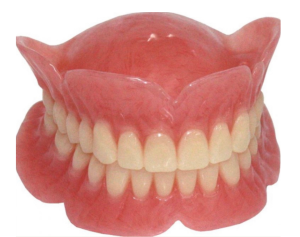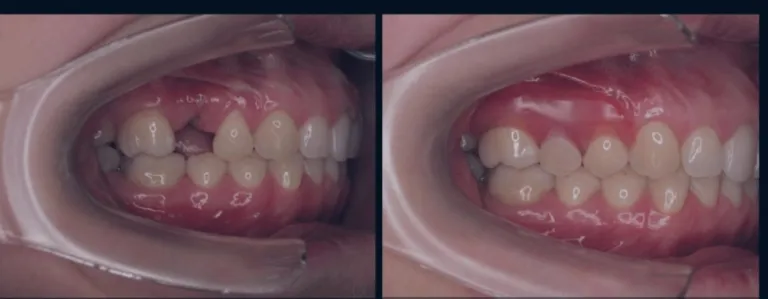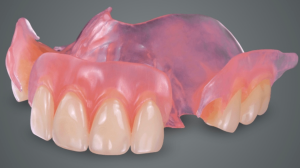Contact Info
-
Address
Ste 101 Lakeway, TX 78734 -
Phone
-
Email
admin@familydentistlakeway.com
Newsletter Subscribe
Get healthy tips & latest updates in inbox.© 2020-2023 Highland Family Dentistry, PLLC
Dentures
- Home
- Dentures
There are 4 types of Dentures
- Full Denture
- Immediate Denture
- Partial Denture
- Implant Supported Denture
Full Denture
Conventional dentures or Full dentures, are used when all the teeth are missing. Conventional dentures are made after the teeth have been removed and the gum tissue has healed. It is a process that spans anywhere between 8 to 12 weeks after teeth have been removed and tissue has healed.

Immediate Denture
These temporary dentures are made in advance and can be positioned as soon as the teeth are removed. Because bone and gums shrink over time, especially during the healing period following tooth removal, immediate dentures will be loose and will need a reline (addition of more material inside the denture) to create more suction around the dental bone and therefore more stability. For this reason, conventional dentures are usually used over immediate dentures.
Partial Denture
A removable partial denture consists of replacing teeth attached to a pink or gum like plastic base. Partial Dentures are used when one or more natural teeth remain in the upper and lower jaw. A Partial Denture is Removable and has attachments that attach to the adjacent teeth to make it more stable and natural.


Implant retained Denture
An implant supported denture is a type of denture supported and attached by implants. A regular denture rests on gums and is not hooked on to implants. An implant supported denture is used when a person doesn’t have any teeth in the jaw but has enough bone in the jaw to support implants. They are usually made for the lower jaw because regular dentures are much less stable on the lower jaw than the upper maxilla, however, you can receive implant supported dentures in either the upper maxilla or the lower jaw. The lower regular denture has to contend with the tongue, the floor of the mouth, the cheeks, and the lips that make it highly unstable.
How do you take care of your dentures?
- Before brushing your teeth, rinse your dentures to remove any remaining food particles
- Thoroughly clean your mouth while brushing. Be sure to clean your gums, chess, teeth, the roof of your mouth, and your tongue. This will help you properly remove any plaque in your mouth. This can reduce your risk of oral irritation.
- You don’t want to scratch your dentures so use a soft-bristle toothbrush to clean your dentures.
- Make sure to not wear them at night. Your tissue needs to breathe. Sleeping in dentures can negatively affects salivary flow, and can give rise for a condition called denture stomatitis, which is a fungal infection caused by Candida.
- If you aren’t wearing your dentures at any given time then put them somewhere they can be placed in water. This will prevent them from warping over time. Also, keep they away from any pets.
Do you think it is time for you to get dentures? Give our team a call today! Have your questions ready and we will help you understand the options available and what is best for you.
Insurance Plans
We proudly accept the following Insurance plans along with special financing using Care-Credit.










© Highland Family Dentistry 2023, All Rights Reserved. | SEO Services by Anuva LLC












